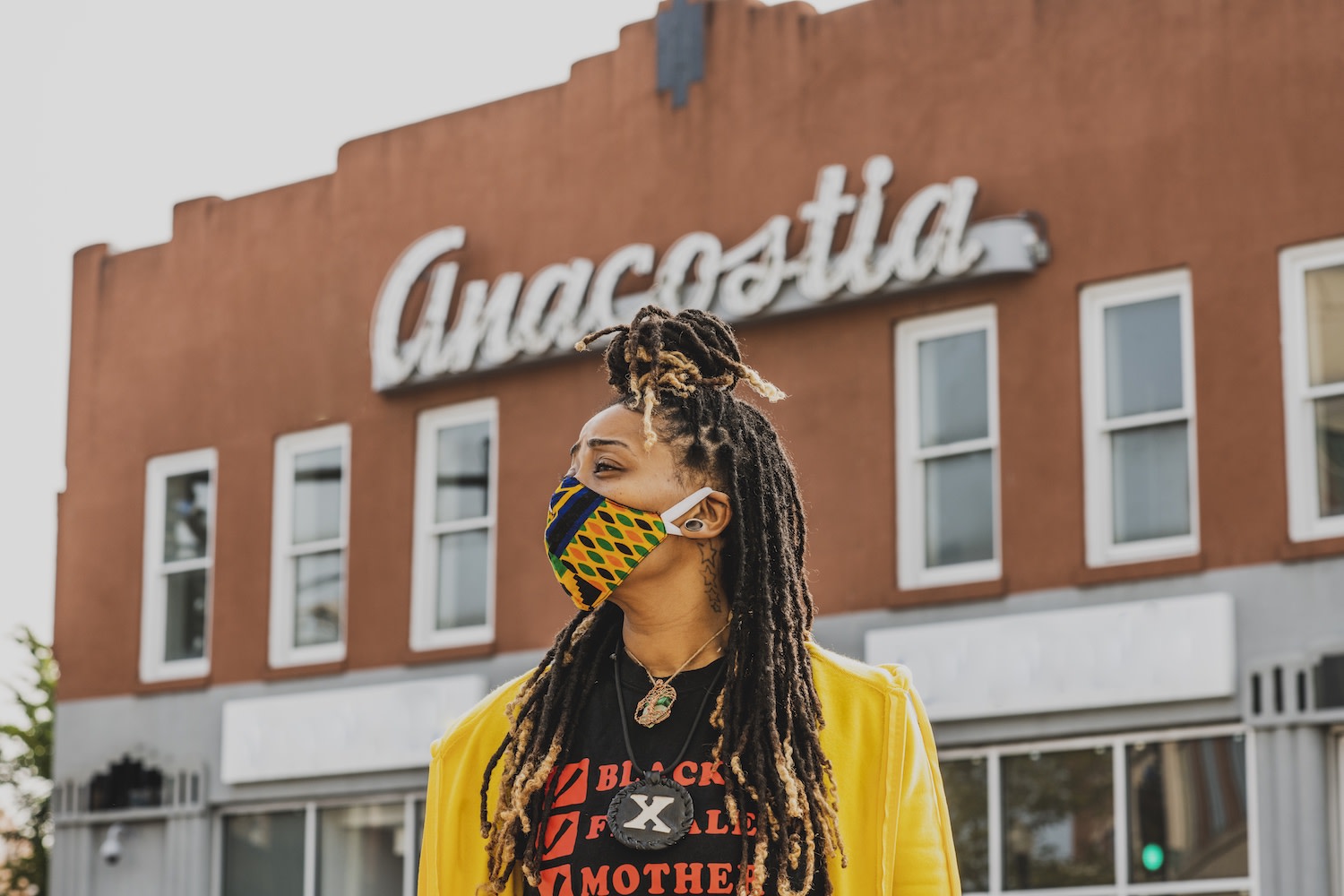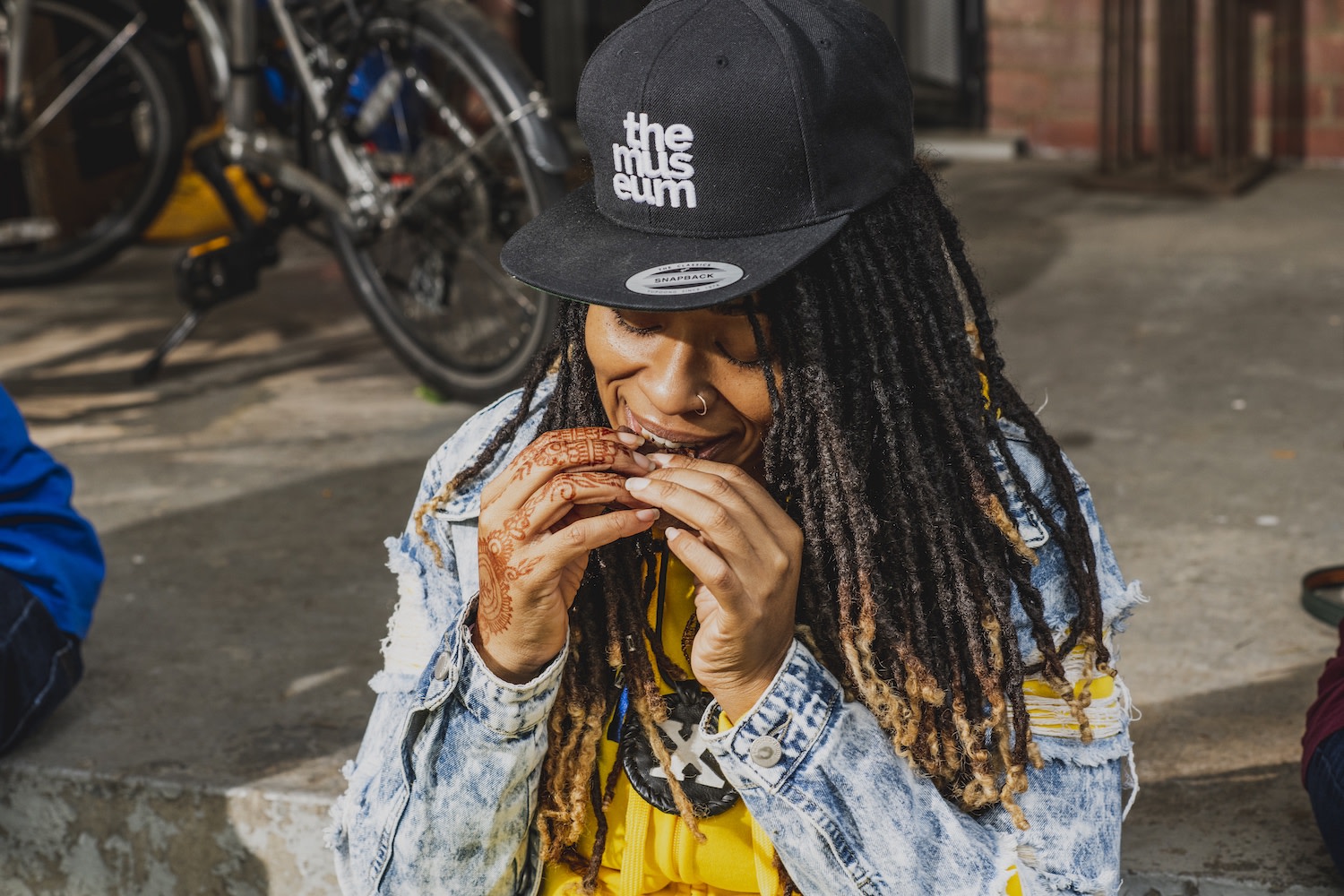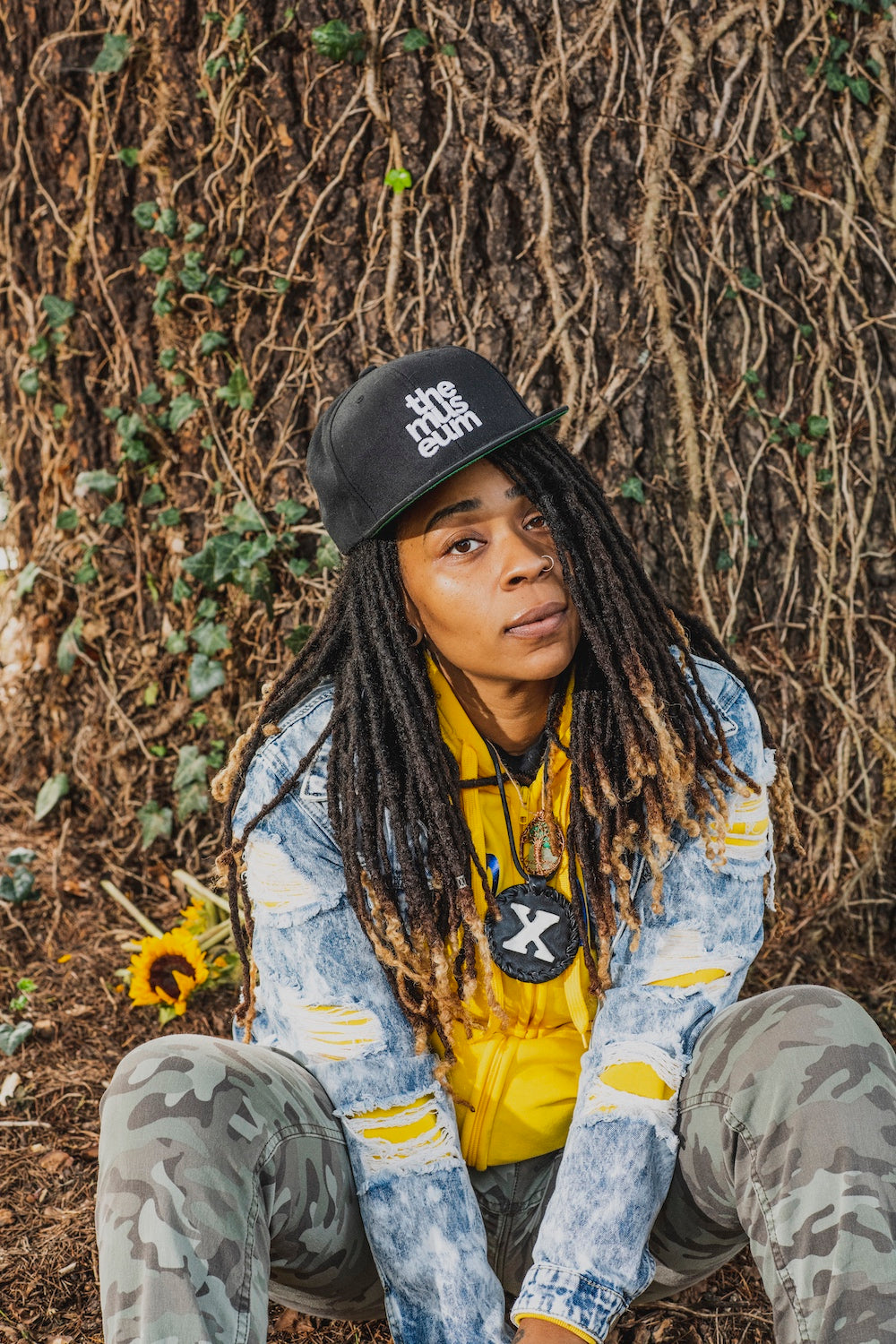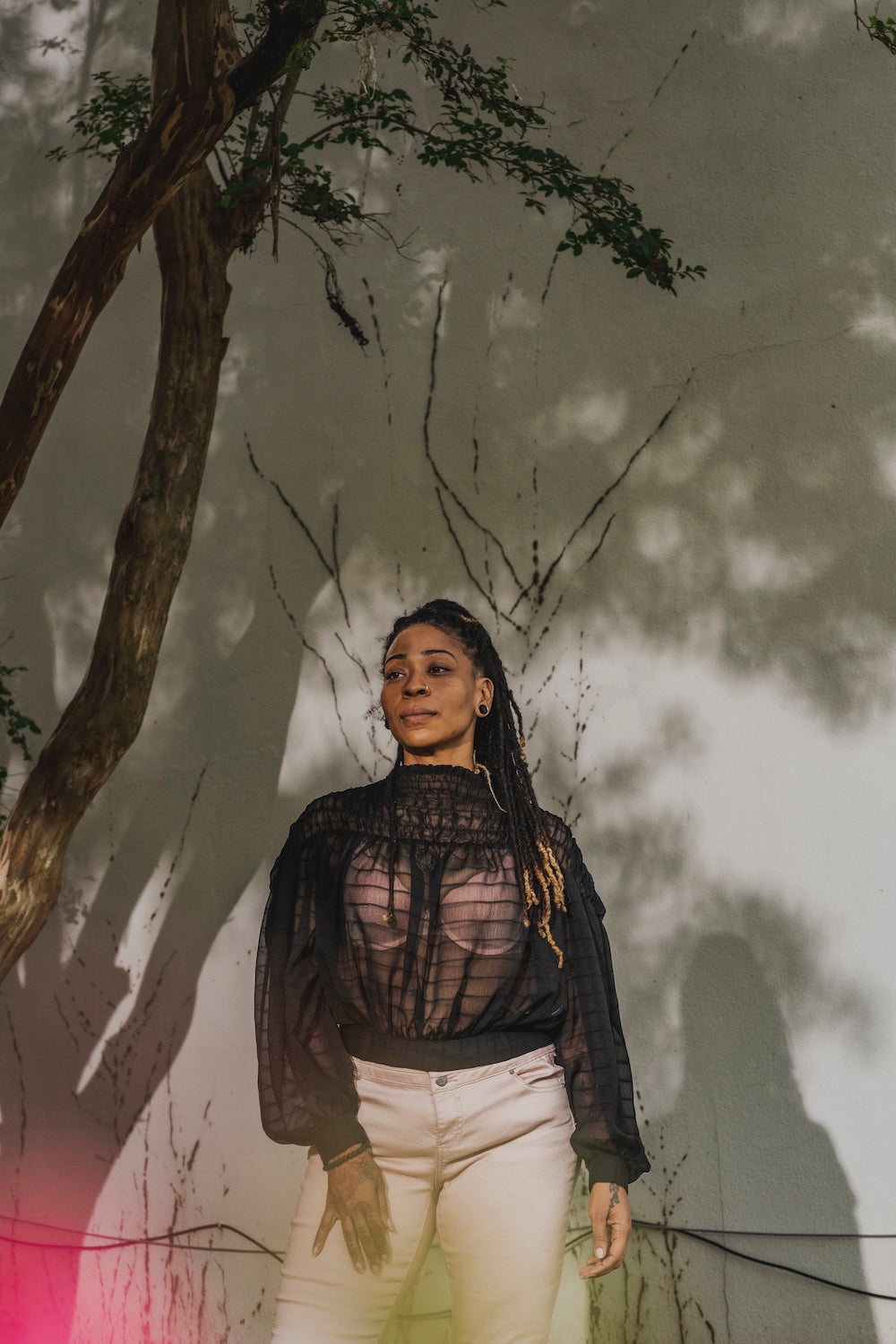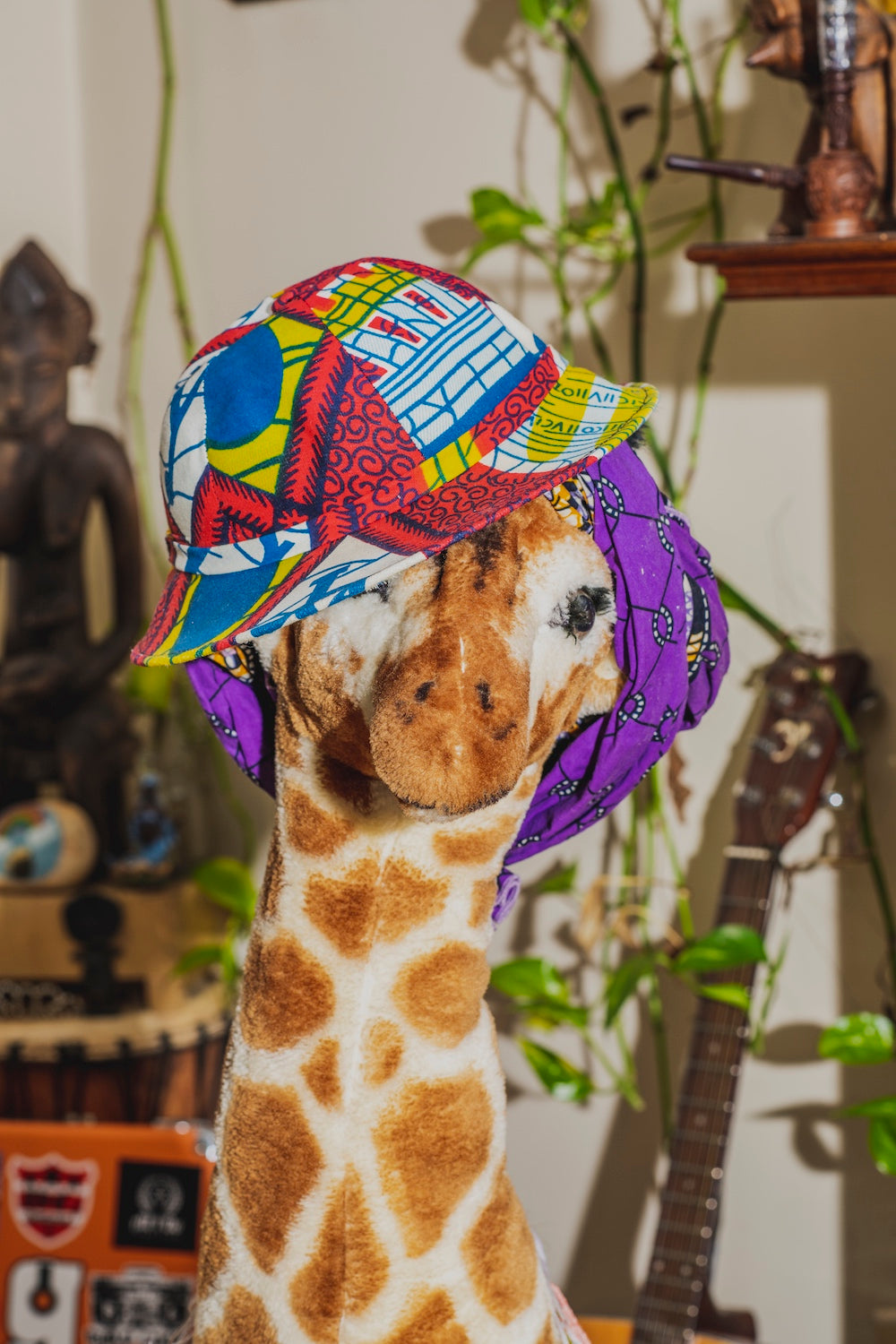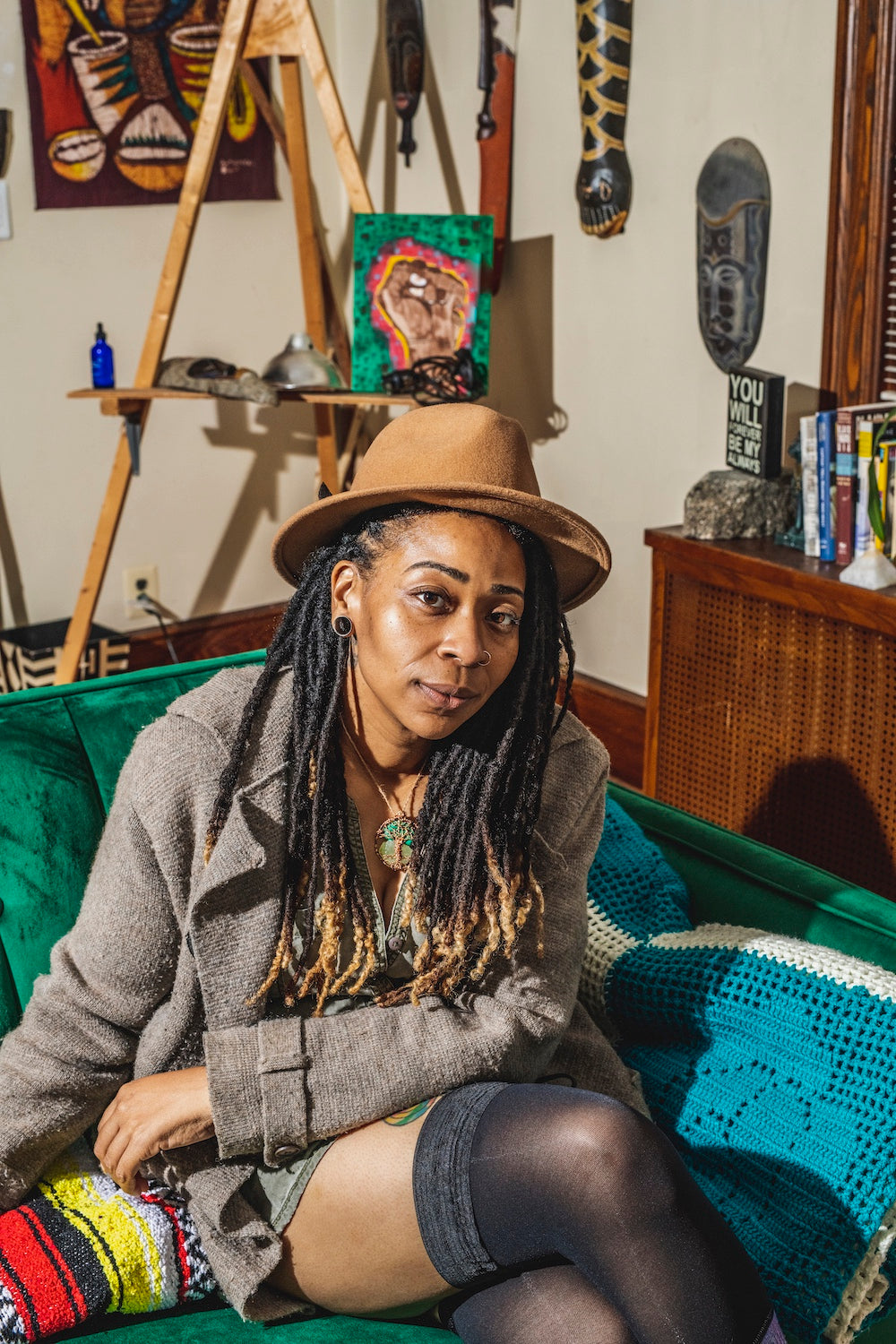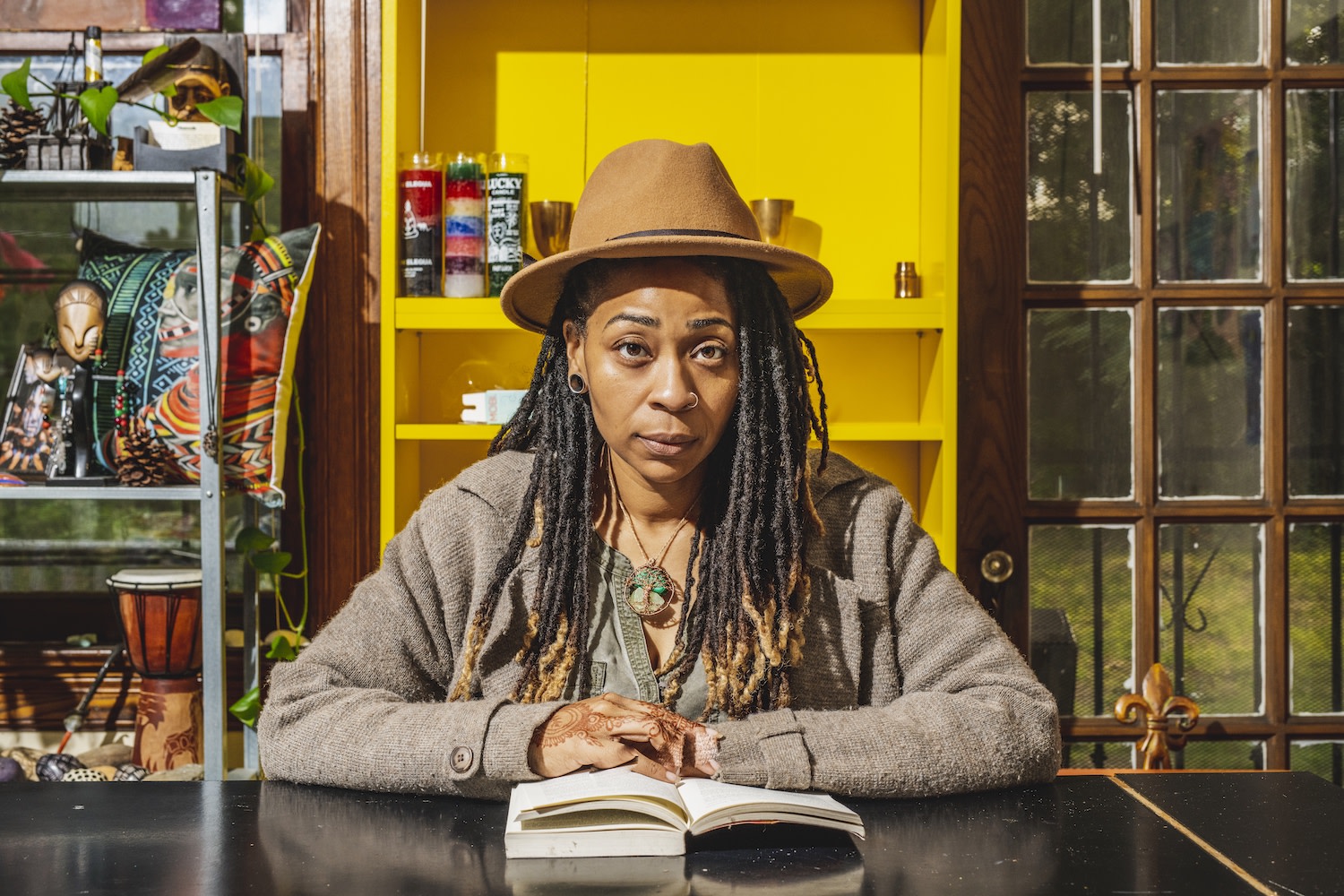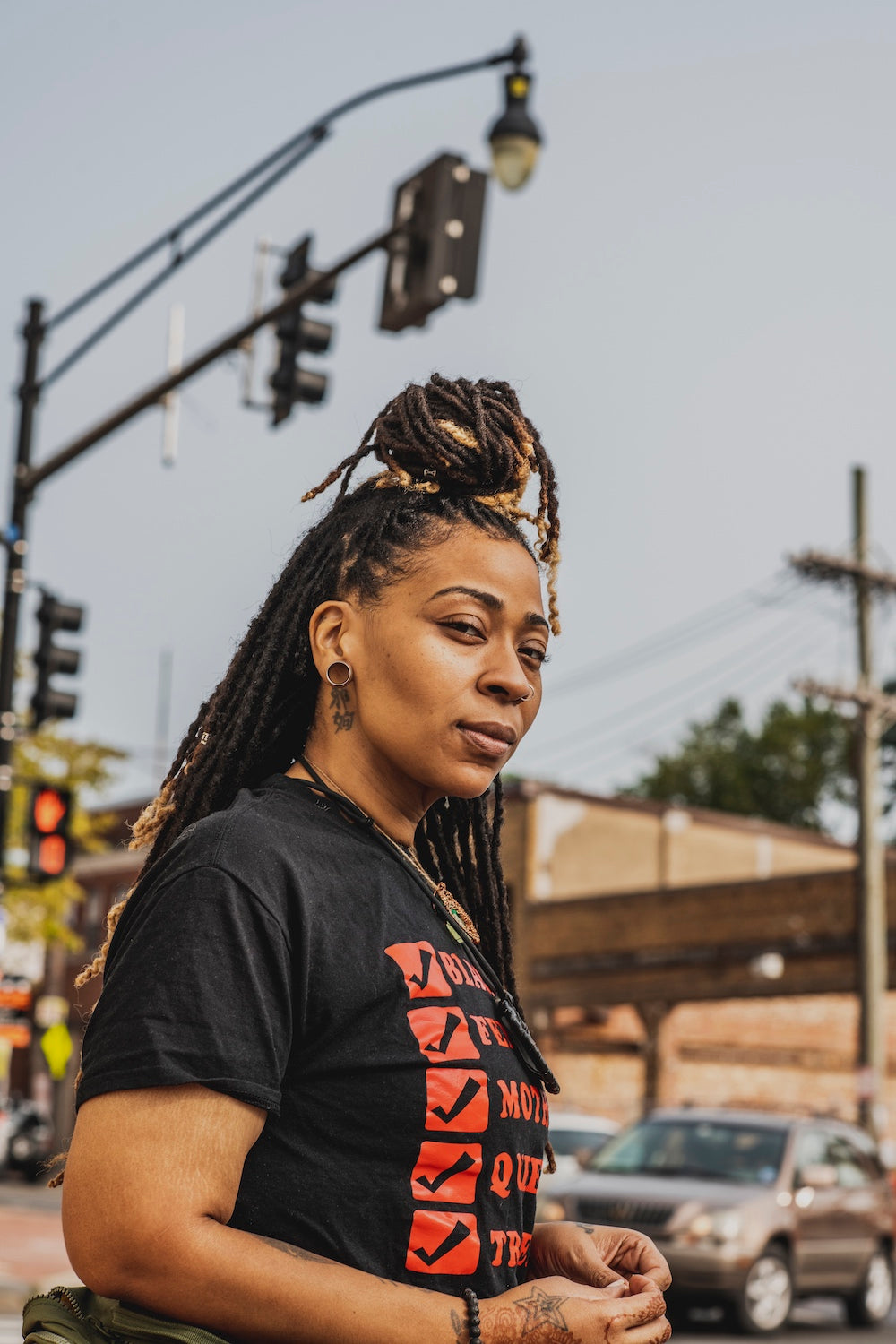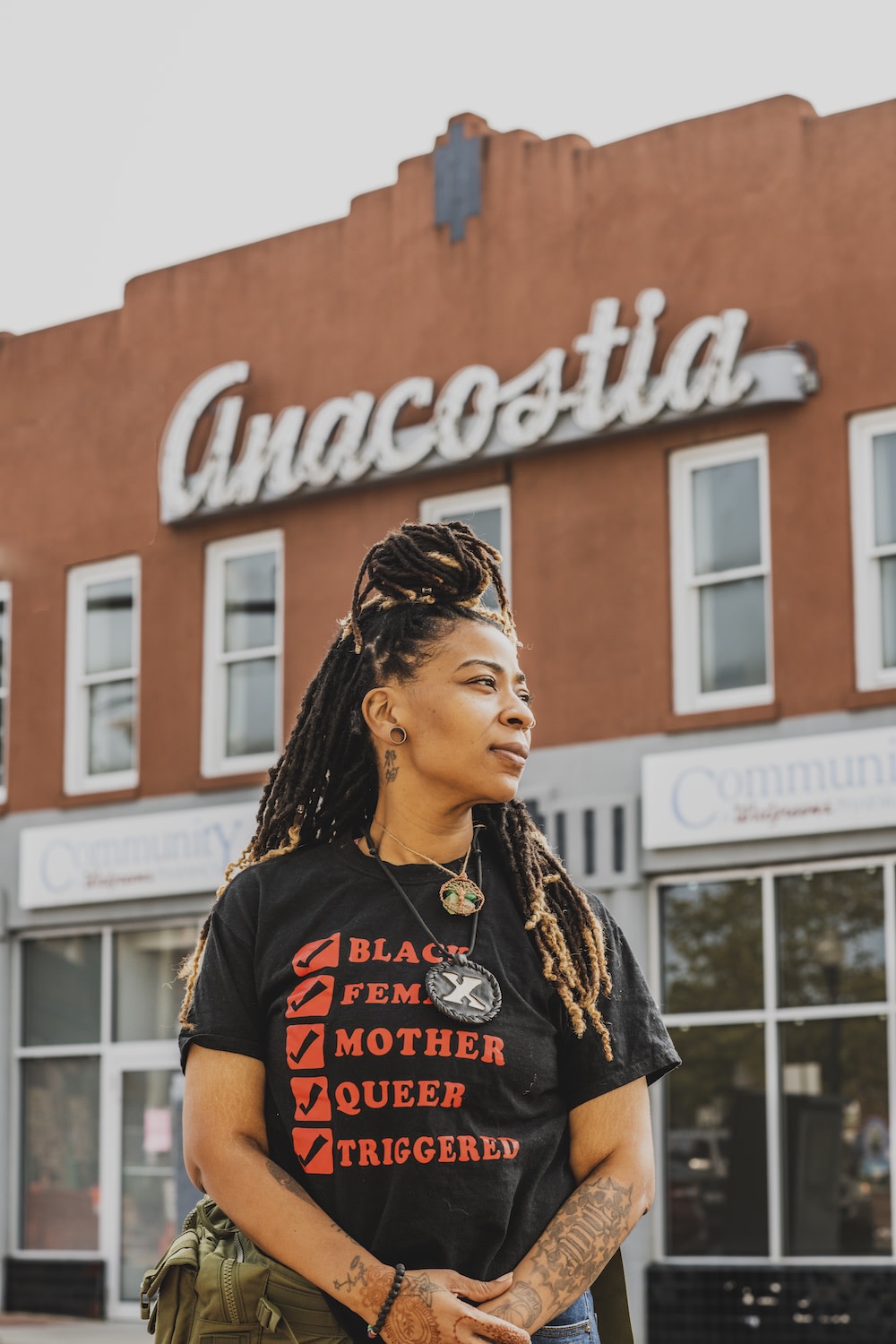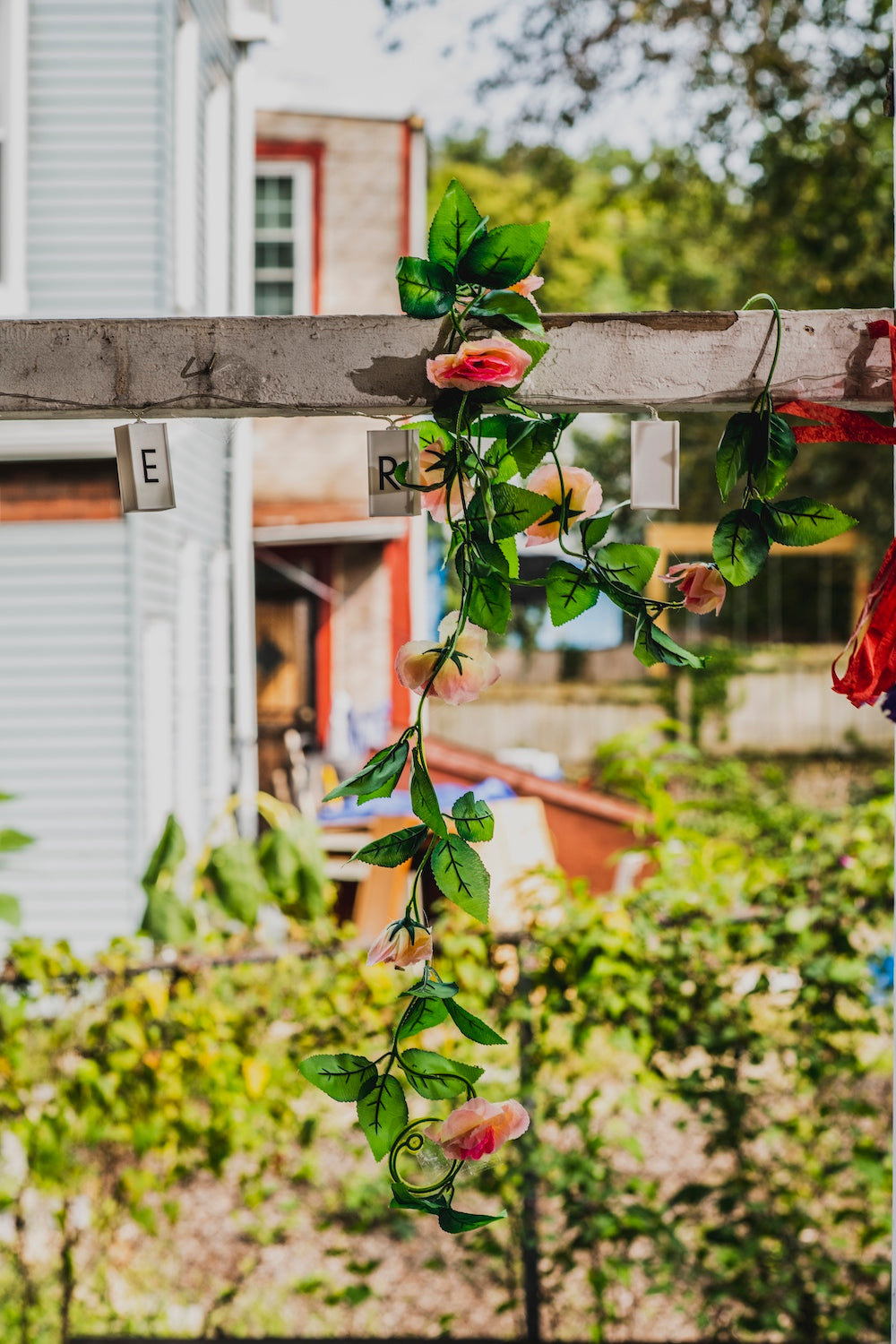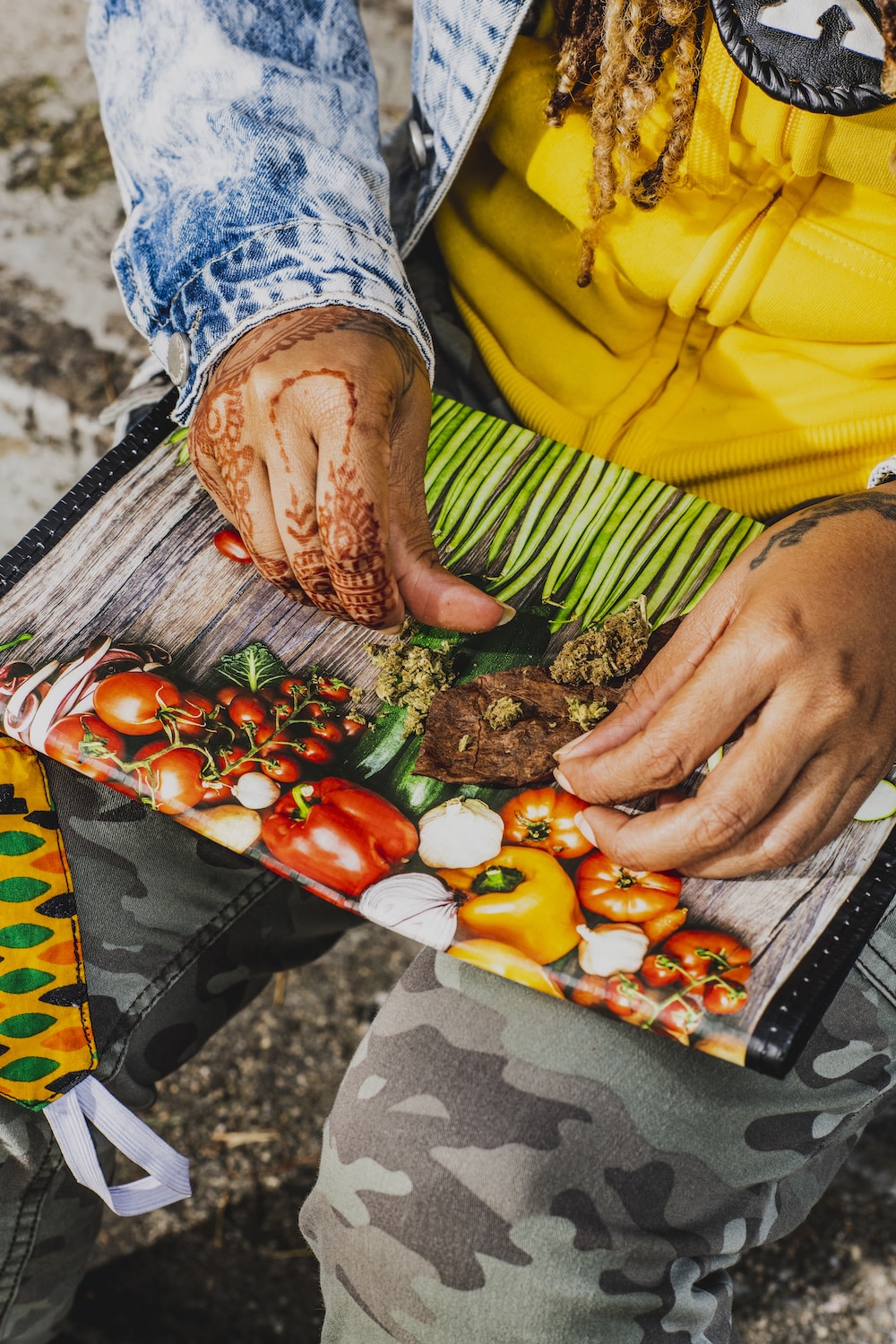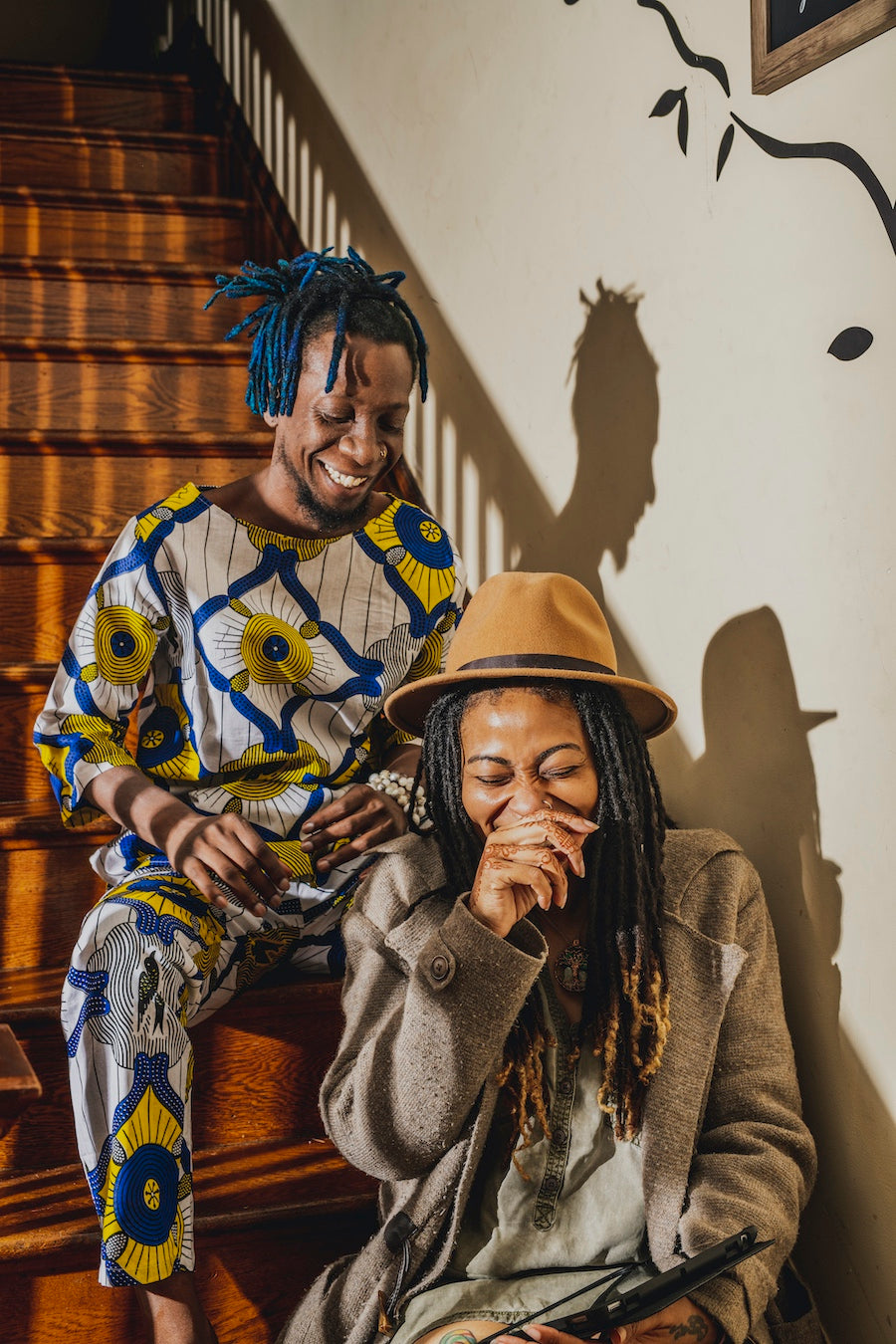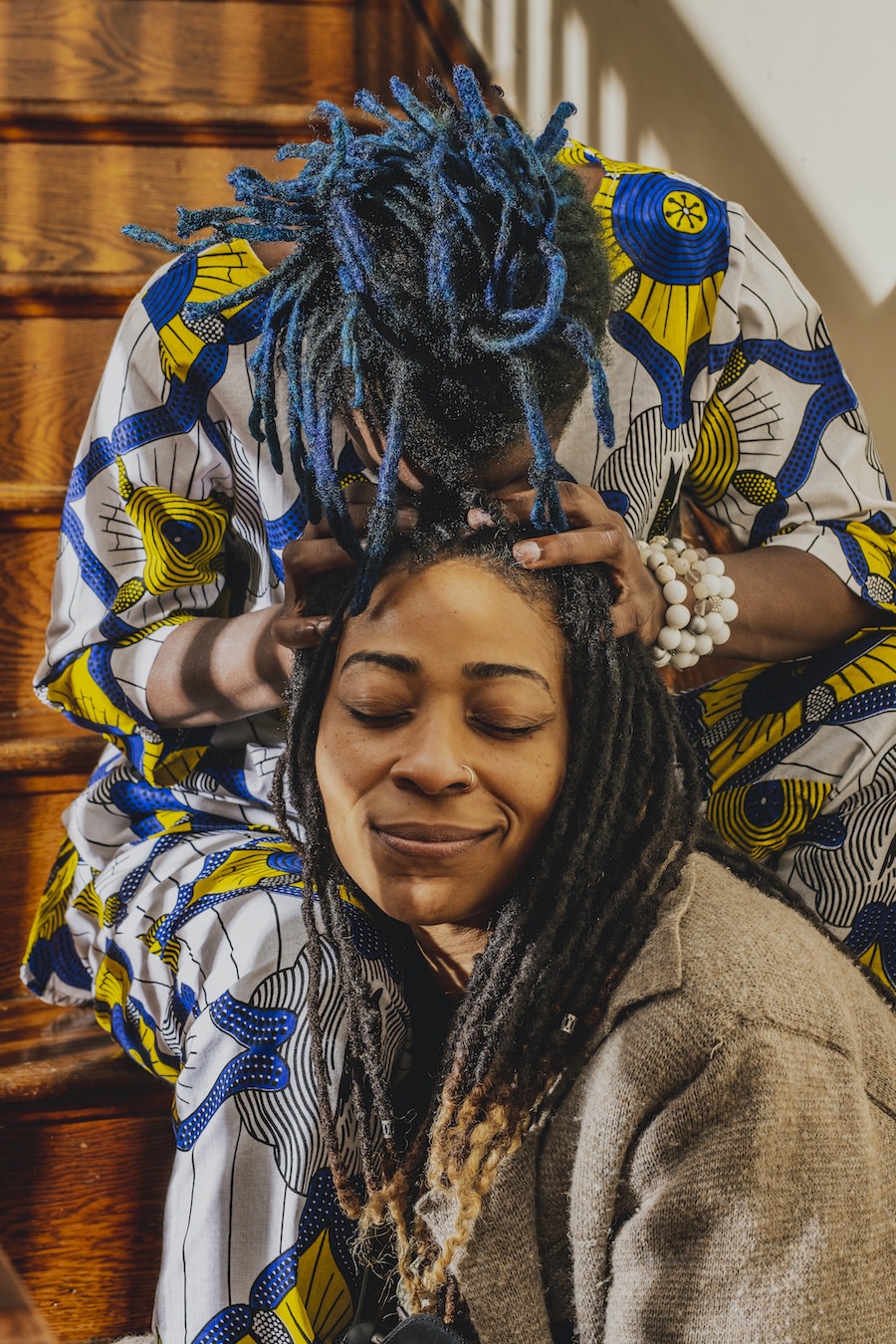However, because some of us go to housing, or some of us have to live on a couch, or some of us are moved out of our homes, we’re scared to vote. You know? We need to not be scared. I know it’s hard right now during this pandemic. The only thing I ask and beg of people, and this is in any city, any state: vote. If you don’t do anything else, vote.
I know it’s confusing. I’m confused my damn self! I know it feels like none of these people do anything for you. But in Washington, D.C., we have council members, and we have Advisory Neighborhood Committees in our communities. These are the people that I see. These are people that I can probably eat with in a restaurant. So, these are people that I can talk to and hold them accountable for the things that they said that they were going to do. That’s why I vote for them. Because I can physically see them. I can get to them.
If you say, “I’m not going to vote,” just think about your local legislation. Think about what’s happening right next door to you. Think about how your school system looks. Think about how your potholes look. Think about the development of your neighborhood and if you’re going to be a part of it in the next five years. You have a say if you vote locally, I promise. There’s accountability on the local level, and then, I promise you, if you keep talking to N.E.W. and you join us, it’ll be on a federal level. You’ll be lobbying with us federally, like, “Hey, what the hell is this shit? Fix it.”
Overall for this year, our goal was $1.5 million dollars. That was before COVID. I do hope that we can still hit it. I hope we can hit it. We’re building this out not just for the cannabis industry, but for everyone that has been a part of the systemic injustice that has targeted black and brown people in marginalized communities.
People of privilege don’t understand what it’s like to live in oppression. We were born into it. We’re going to the same stores, eating the same bullshit our parents were on. We’re getting the same bullshit education. We just want to do better.
I’m so thankful for my friends that are still here that made it out of the trenches. Now, at the age of 40, we’re able to laugh about it. We didn’t even think we would see 40.
I have a T-shirt now that has 35 names on it, and that was eight years ago. It needs to be updated, and it needs to be updated with the person who made the T-shirt. This is just the reality of living in a community that was redlined, that never had the financial stability and the financial literacy to obtain the things that people of privilege have already always had.
